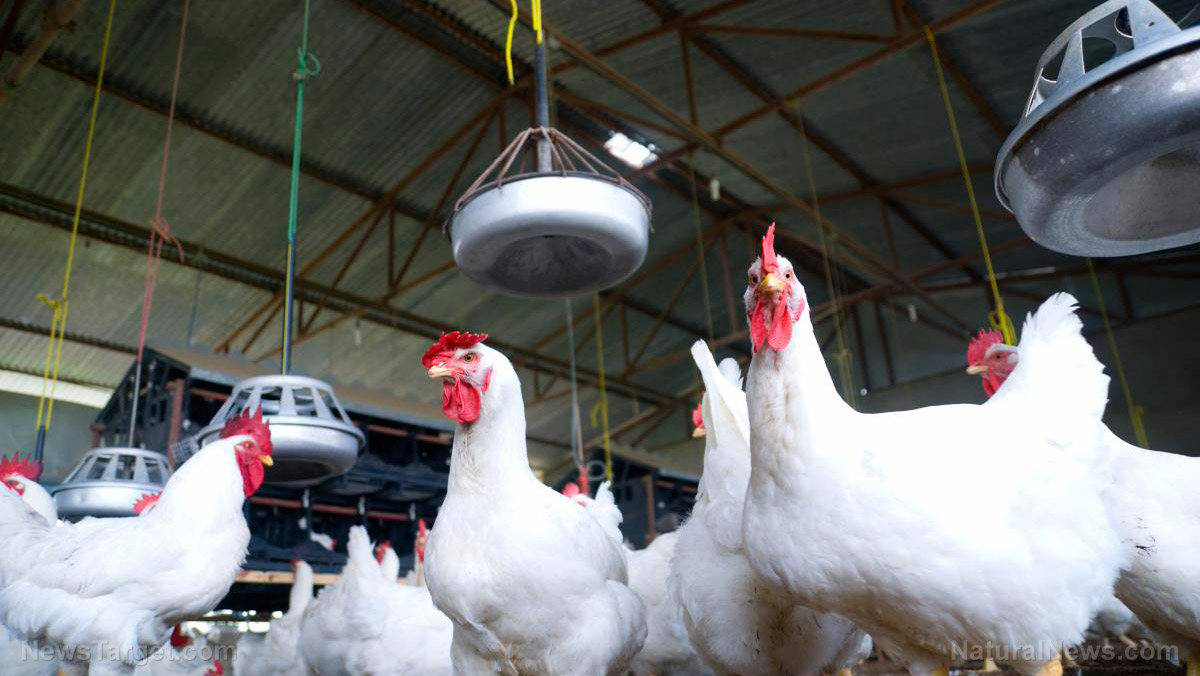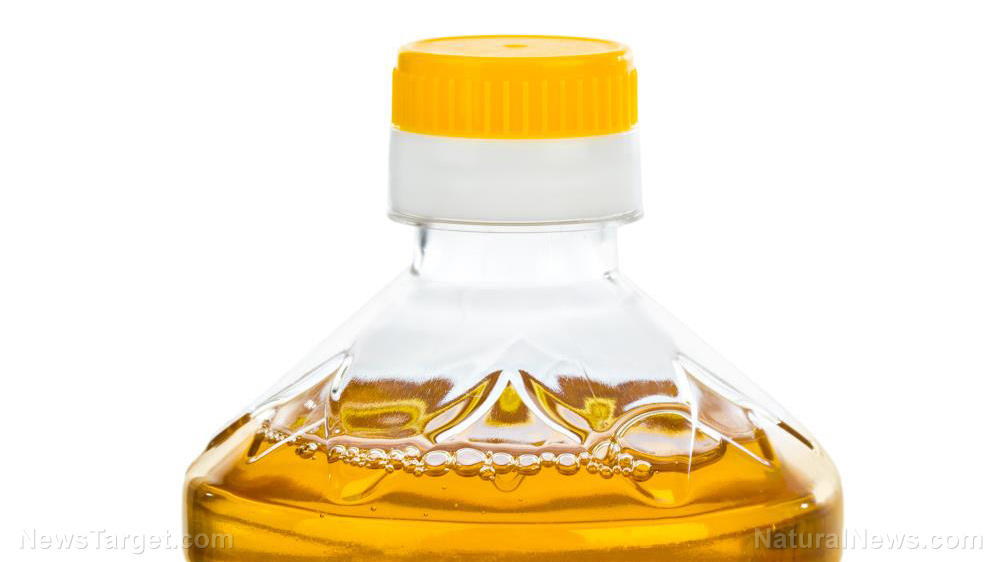New study shows vitamin supplementation helps prevent COVID-19 infection
05/06/2022 / By Mary Villareal

A new study that enrolled 321 frontline healthcare workers from four hospitals in Mexico City found that vitamin D supplements can help prevent Wuhan coronavirus (COVID-19). These healthcare workers all tested negative for COVID-19 at the beginning of the double-blind, placebo-controlled program.
Researchers said their study demonstrated that vitamin D supplementation is effective in preventing SARS-CoV-2 infections in high-risk frontline healthcare personnel.
They believe it is the first controlled study that evaluated the role of vitamin D supplementation as a prophylactic measure to prevent SARS-CoV-2 infection. Thus, their trial has profound clinical and public health implications.
The subjects of the study were enrolled between July 15 and December 30, 2020, and they were randomly assigned to receive 4,000 international units of vitamin D or a placebo each day for 30 days.
Real-time PCR tests were also taken at the beginning of the study and were repeated if a person showed any COVID-19 symptoms during their follow-up appointments. (Related: Vitamin D deficiency increases spread of disease.)
Other things that the participants had to go through included serum-25 hydroxyvitamin D3 and antibody tests at the start of the experiment, and again on day 45.
A total of 94 people in the vitamin D group and 98 people in the placebo group completed follow-ups in the study. Researchers then found that the infection rate of COVID-19 in the vitamin D group (6.4 percent) was lower than the placebo group (24.5 percent).
The researchers also found that the risk of contracting COVID-19 was lower in the vitamin D group compared to the placebo group and that it was associated with an increment in serum levels of 25-hydroxyvitamin D3. The levels of 25-hydroxyvitamin D3 in the blood are regarded as a good indication of a person’s vitamin D level.
Moreover, they found no significant adverse events.
The researchers concluded that supplementation with vitamin D in highly exposed individuals decreases their susceptibility to SARS-CoV-2 infections, adding that the preventive effect is independent of the subjects’ vitamin D status.
They also noted that medium doses of vitamin D, which is around 4,000 IU, seem safe for shorter periods of supplementation.
Vitamin D offers many health benefits
Vitamin D contributes to bone, heart and brain health, with previous studies suggesting that low levels of it are associated with autoimmune and inflammatory diseases as well as cardiovascular and other infectious diseases. Vitamin D can be found in beef liver, cod liver oil, egg yolks, herring, salmon, sardines and mushrooms. (Related: Magnesium and vitamin D: The perfect pair?)
In the U.S., the recommended dietary allowance for most adults is 600 IU of vitamin D a day. While doses higher than recommended are sometimes used to treat medical problems such as vitamin D deficiency.
Vitamin D is particularly important in regulating the absorption of calcium and phosphorus in the body, which helps facilitate normal immune system function to improve resistance to certain diseases.
However, medical researchers cannot know conclusively which supplements are the most effective against COVID-19 until more clinical data are available.
Aside from taking vitamin D supplements, it is also important to have a healthy lifestyle.
Dr. Mark Moyad of the University of Michigan, considered to be one of the leading global medical authorities on dietary supplements, pointed out that maintaining a healthy lifestyle can provide some layers of immediate and long-term protection.
“What we’ve learned in the pandemic is that making lifestyle changes to reduce your risk of cardiovascular disease could, in some cases, mean the difference between a mild and severe case of COVID-19. Many things that are heart-healthy also improve your immune health,” he said.
Follow Pandemic.news for more COVID-related news.
Watch the video below to know more about vitamin D as a preventative measure against COVID.
This video is from the WGON channel on Brighteon.com.
More related stories:
Sources include:
Submit a correction >>
Tagged Under:
alternative medicine, covid-19, immune health, infections, natural health, natural medicine, nutrients, outbreak, pandemic, prevention, real investigations, research, supplements, vitamin D, Wuhan coronavirus
This article may contain statements that reflect the opinion of the author
RECENT NEWS & ARTICLES
COPYRIGHT © 2017 FOOD SCIENCE NEWS




















